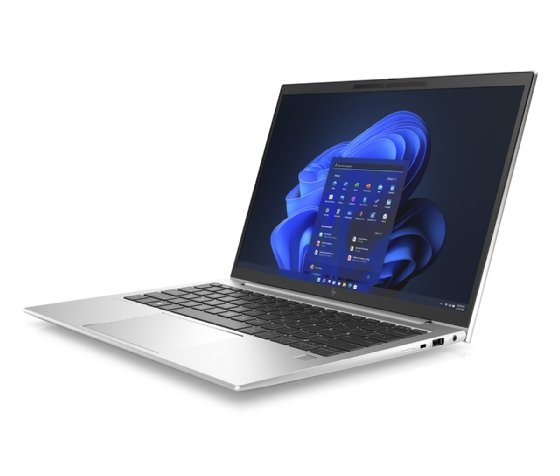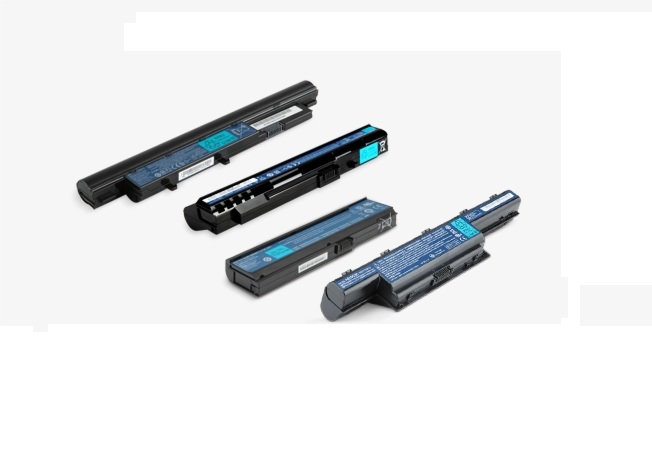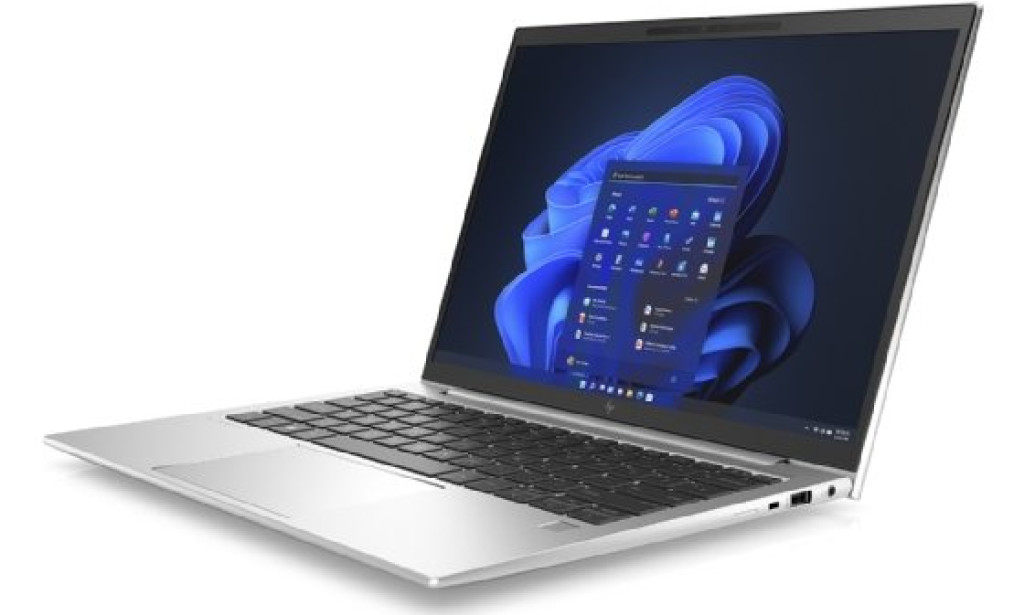Hello, today is another day for me to teach you some technology tricks that you will admire and it will help you for so many years if only you take it seriously. I'm an IT expert and I've spent my whole life learning about computers and how they behave and react when they are attached to something new. Extending the life span of your laptop battery requires a lot of work and it needs much time too.

Extending the lifespan of your laptop battery is crucial for ensuring its continued performance and reducing the frequency of charging. Here are some effective strategies to make your laptop battery last longer:
-
Optimize Battery Usage and Performance Settings: Access your laptop's power settings and adjust them to conserve battery power. Enable battery-saving mode, reduce processor speed, and disable unnecessary features like Bluetooth and Wi-Fi when not in use.
-
Identify and Close Resource-Intensive Applications: Certain applications consume more power than others, such as video games, graphics-intensive software, and multiple browser tabs. Monitor your battery usage patterns and identify applications that drain the battery quickly. Close these applications when not in use to conserve power.

-
Adjust Graphics and Display Settings: Lowering the screen brightness significantly reduces battery consumption. Adjust the brightness to a comfortable level that doesn't compromise visibility. Additionally, consider switching to a darker desktop background or screensaver.
-
Ensure Proper Ventilation: Overheating can damage the battery and shorten its lifespan. Keep your laptop's vents clean and free of obstructions to ensure proper airflow. Avoid placing your laptop on soft surfaces like beds or pillows, as this can trap heat.
-
Check Your Laptop's Battery Health: Regularly check your battery's health using the built-in battery diagnostics tools or third-party software. This will provide an indication of the battery's condition and identify any potential issues.
-
Calibrate the Battery: Periodically calibrate your battery to ensure accurate battery level readings. This usually involves fully charging and discharging the battery completely.
-
Manage Sleep and Hibernate Settings: When not using your laptop for short periods, put it into sleep mode to conserve power. For longer periods of inactivity, use hibernate mode, which consumes even less power.
-
Update Software and Drivers: Keeping your laptop's operating system and drivers up to date can improve overall performance and potentially reduce power consumption.
-
Disconnect External Devices: When not in use, disconnect external devices like USB drives and printers, as they can draw power even when inactive.
-
Avoid Extreme Temperatures: Exposing your laptop to extreme temperatures, either hot or cold, can damage the battery and shorten its lifespan. Store your laptop in a cool, dry environment.



You must be logged in to post a comment.